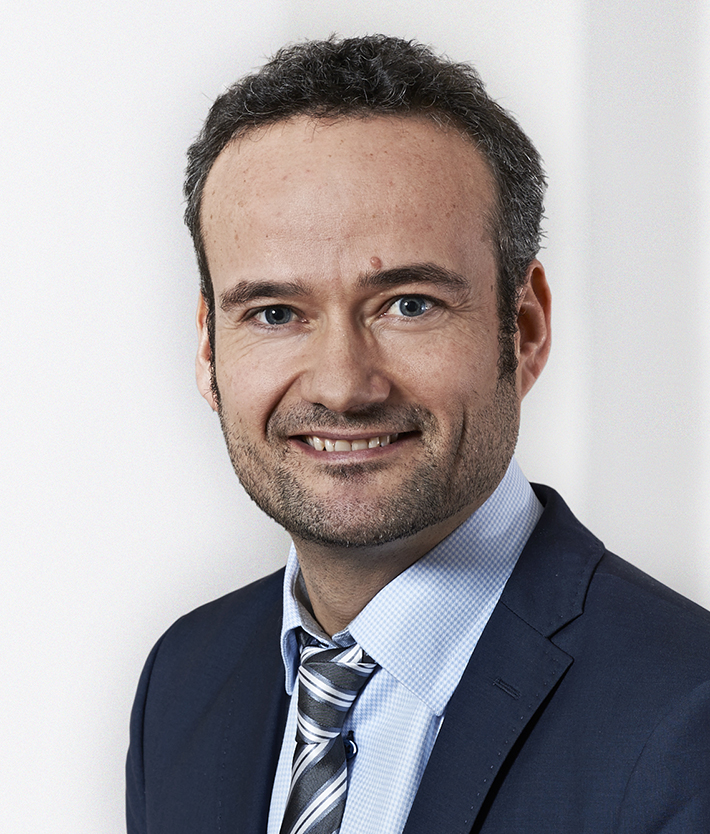As governments around the world are gradually easing lockdowns and opening their economies, chief analyst at Danske Bank, Allan Von Mehren, is expecting economic activity to bounce back and he is hopeful that the recovery will be U-shaped meaning that the economy will gradually pick up preceded by a period of subdued activity.
.jpg?h=810&w=1440&rev=36b41fd2421647b6a90123e73629e434&hash=1A3287468C9EB925DC6196C216E96AF9)
“We expect unemployment to rise significantly and believe companies will be reluctant to rehire all workers quickly, and it will feel like a recession for some time with global GDP unlikely to reach pre-crisis levels before 2021. But monetary stimulus, a likely vaccine or effective treatment within a year as well as increased consumer saving could lead to U-shaped recovery beginning in the second half of 2020”, says Allan Von Mehren.
Cautious consumer behaviour
But the risks are stacking up, he says, and a major concern is infection rates spiralling out of control forcing a new lockdown of the world’s economies.
“The effect of reopening on the coronavirus reproduction rate is uncertain and the report from Germany that it is already above 1 again is a concern. The return of new cases in China and South Korea also serves as a reminder that the virus can return very easily”, says Allan Von Mehren.



.png?h=128&iar=0&w=128&rev=c0456076148343a69ec27218e9fa39aa&hash=5367D3AD7CFBE8E78181A6587FAB2790)